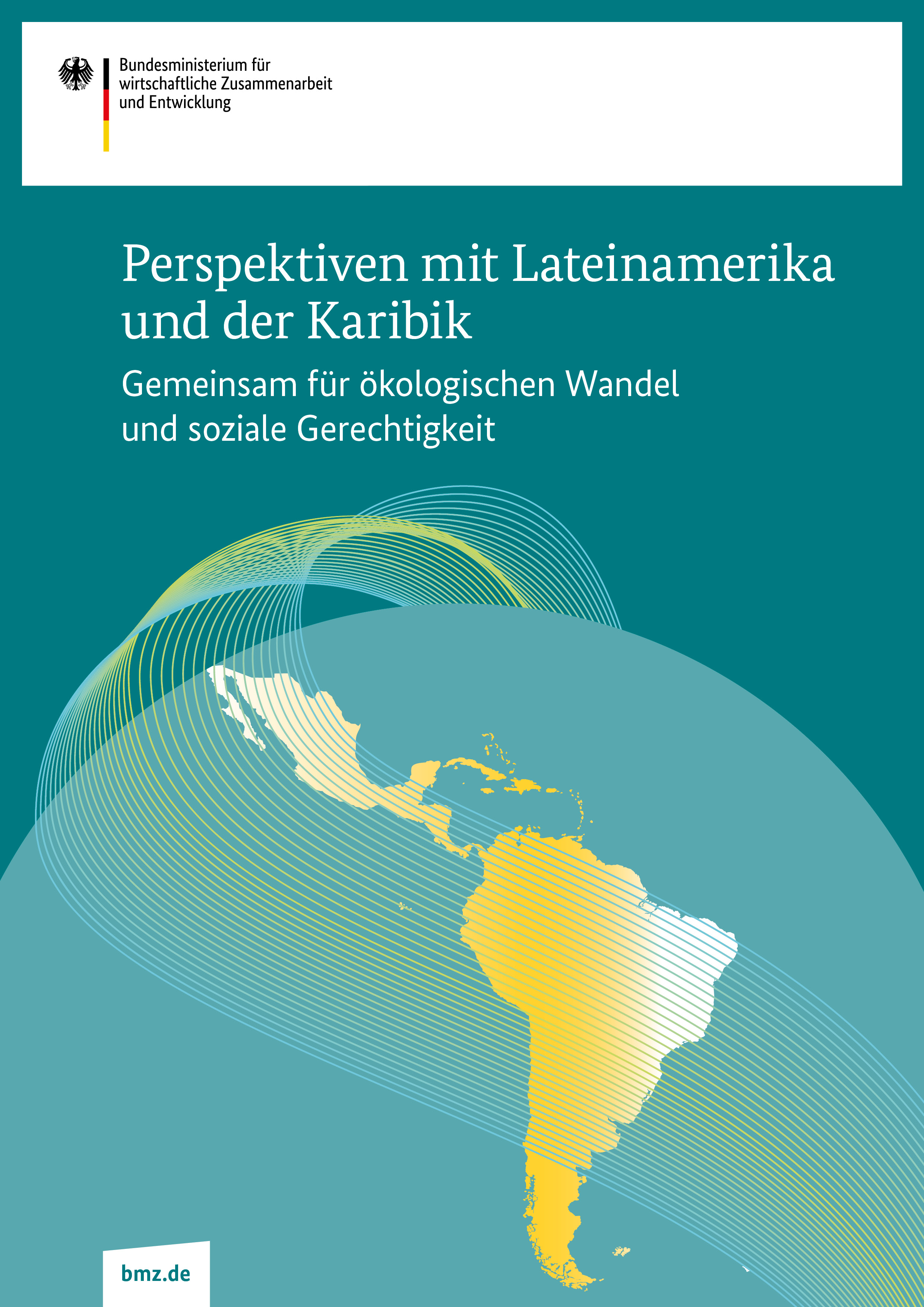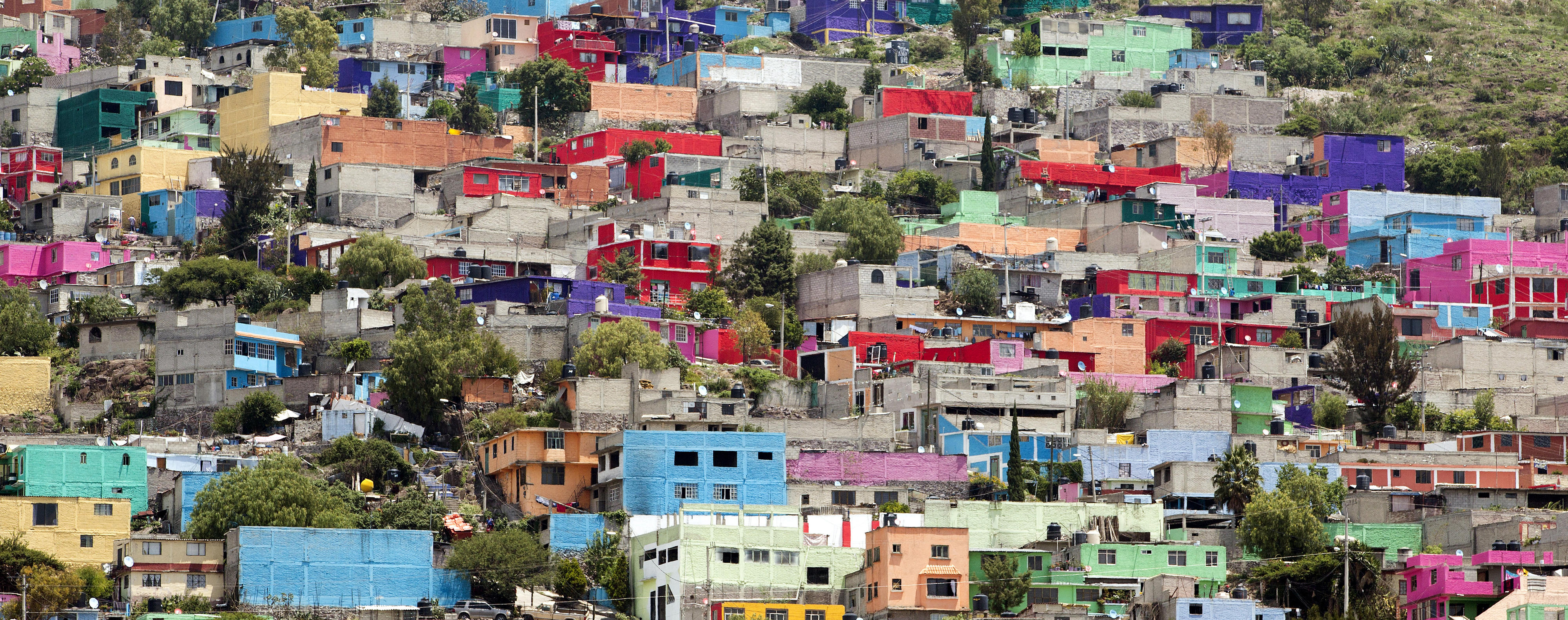Latin America and the Caribbean New chapter in cooperation with Latin America
Development Minister Svenja Schulze said, “Fostering and expanding our partnership with Latin America is a logical move for Germany, given our increasingly multipolar world. We know just how dependent we are on one another. Without the countries of Latin America, we have no hope of tackling global problems like climate change. Now is a good time to begin a new chapter in our partnership – because once more, the majority of the governments we work with in the region share our values and goals. Together, we care about ensuring that, as economic activities become more sustainable and economies and societies become carbon neutral, this transition is just. Together, we care about women having the same rights as men, receiving equal representation and having the same access to resources like land and loans. Harnessing women’s contributions has the potential to boost development in Latin America significantly.”
Cooperation between Germany and Latin America and the Caribbean focuses on the following areas.
One priority area is our joint effort to ensure a socially just transition to a climate-neutral economy. Increasing the use of renewable energy plays a key role here. One way of advancing this is climate and development partnerships, in which a partner country pursues specific goals with regard to transitioning away from fossil fuels and receives support from Germany in return. The BMZ also supports projects that promote climate action and, at the same time, benefit large parts of the population. One example is the expansion of integrated public transport systems in cities in Peru, including tram routes, high-speed buses and cycle superhighways.
As with the structural transformation in Germany, it is essential to create alternatives for the jobs that will be lost. In Brazil, for example, the BMZ is supporting training and education programmes in industries that are central to the energy transition, as well as promoting transformation in the area of forest usage. The goal is to replace logging with sustainable forest management, which will also help to preserve biodiversity. Latin America and the Caribbean are home to 40 per cent of the world’s species.
Another priority area is reducing inequality. In this context, strengthening the rights of women and girls, and of hitherto disadvantaged groups such as indigenous peoples, is especially important. Women need equal representation in management positions, political offices and on boards, and equal access to financial resources such as land ownership and loans. In addition to individual projects, the BMZ wants to increase its support for political reform in this area, which has the potential to impact entire societies and effect structural change. Colombia, for instance, is currently working on new legislation that addresses violence against women and recognises unpaid care work. The BMZ will assist these efforts through budget support, i.e. a low-interest loan to augment the Colombian government’s budget.
Germany has had close ties with Latin America and the Caribbean for decades. The BMZ works particularly closely with six countries in the region. Bolivia, Ecuador and Colombia are bilateral partner countries with which the BMZ is working to realise long-term shared development goals. Brazil, Mexico and Peru are among the BMZ’s global partners, with which the ministry is addressing shared global issues such as climate change.









